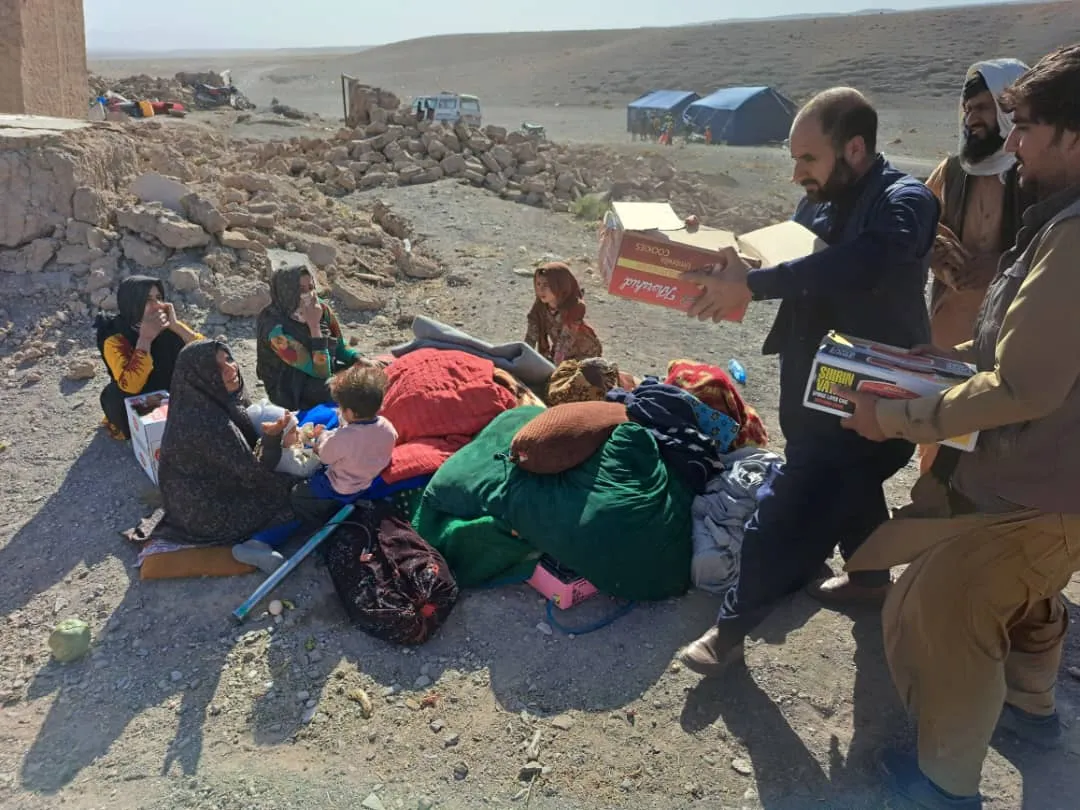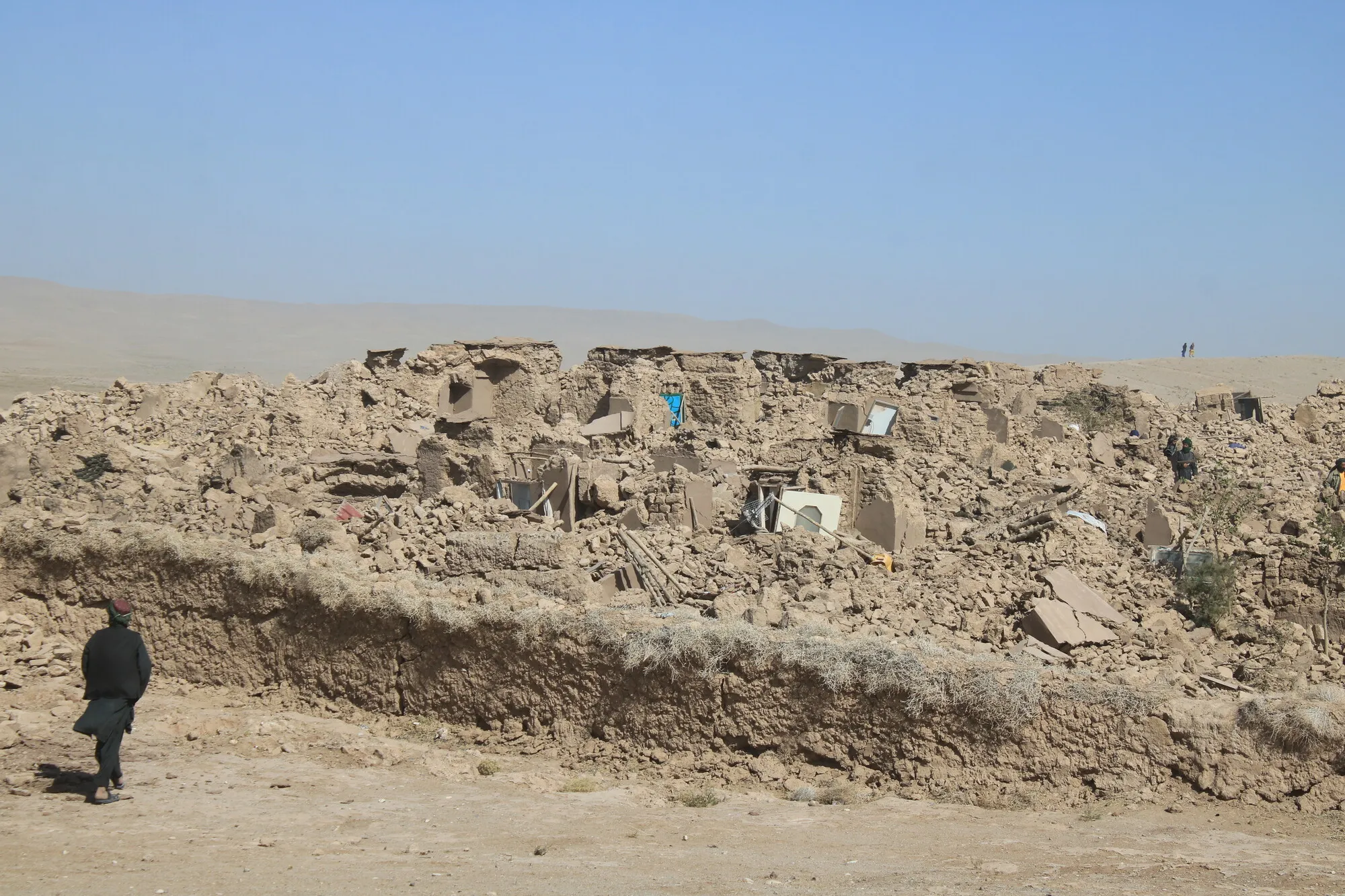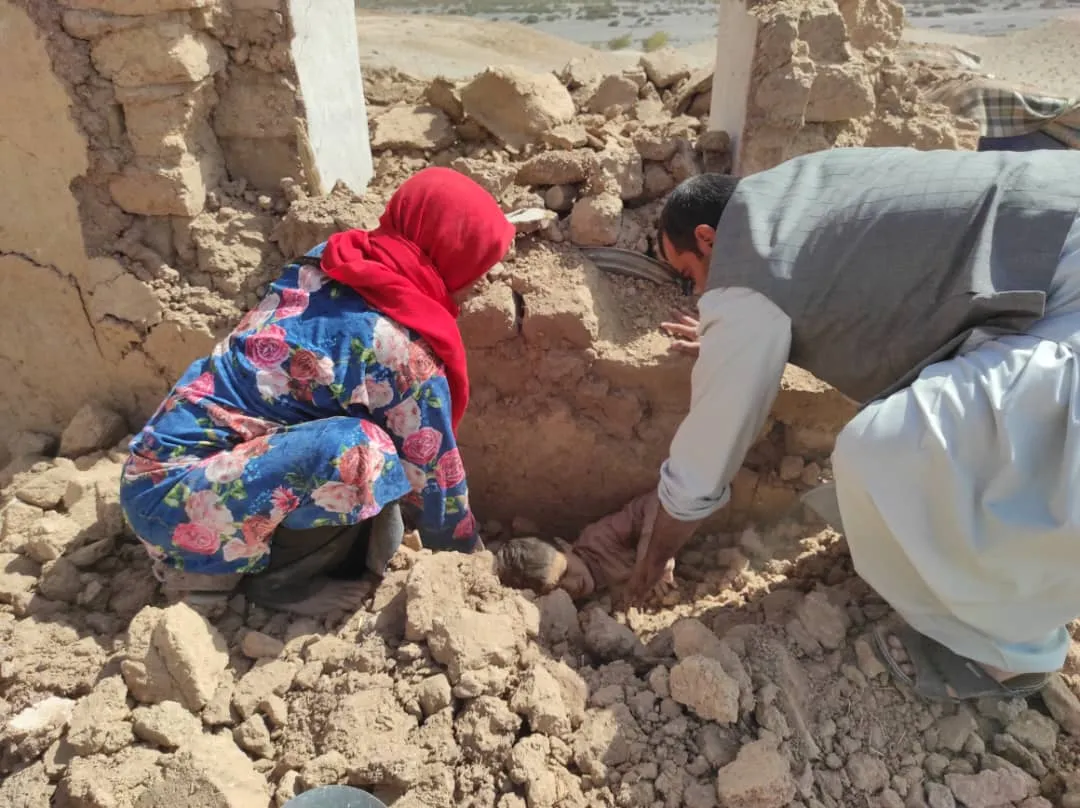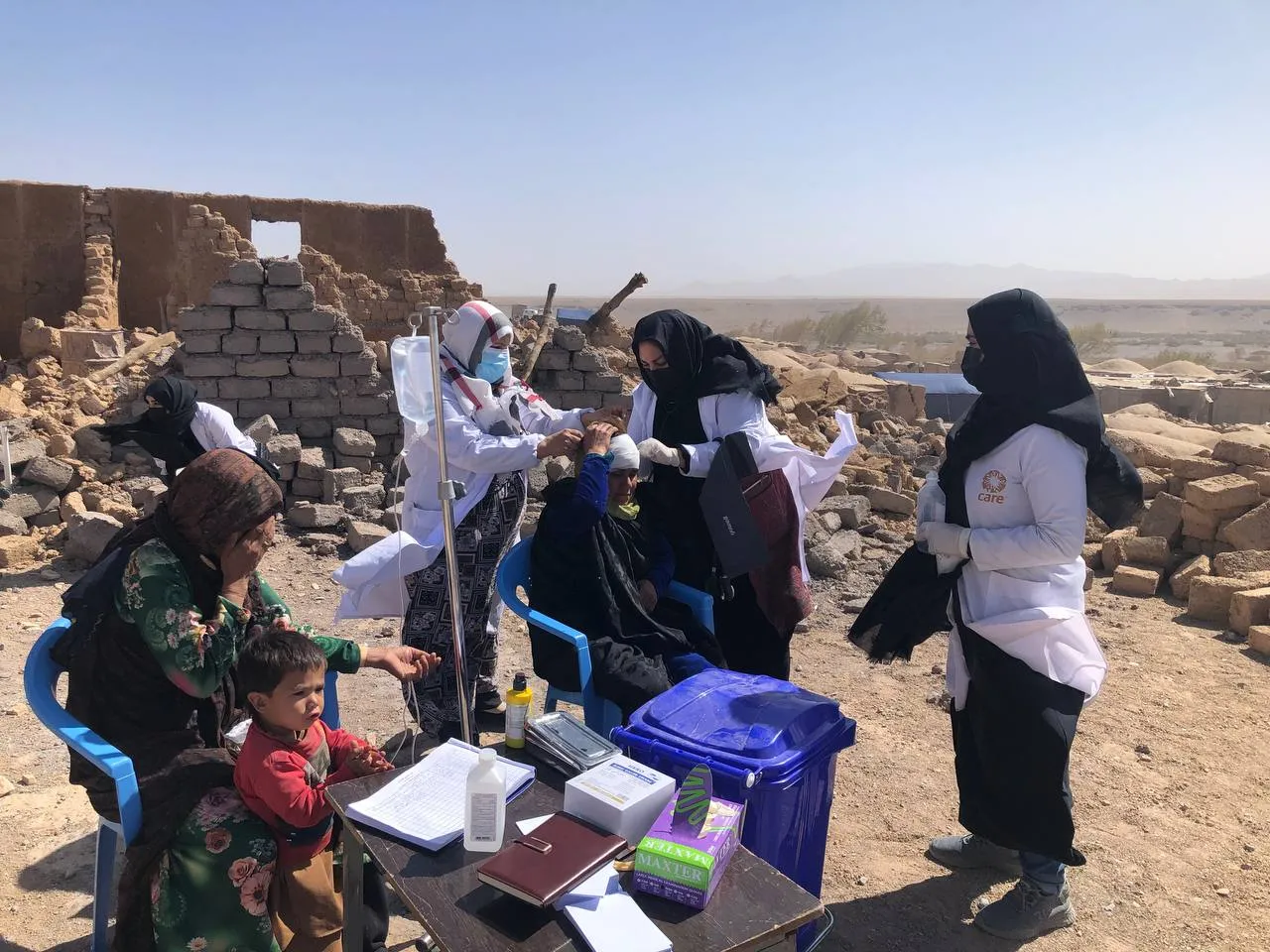“We are particularly concerned about the impact of the earthquake on these communities,” Azmi said. “Especially women and girls who already face serious restrictions on their freedom, hindering their ability to access critical lifesaving services.”
In the first hours of response, CARE has been supporting affected communities by deploying mobile health teams, livestock care teams, and offering cash assistance for daily wage laborers. CARE also plans to distribute dignity kits and blankets to women and girls in affected areas.
CARE began working in Afghanistan in 1961 and has had continuous operations in the country since 1989 with programs focusing on women’s social and economic empowerment, healthcare, and cash assistance.
Millions in Afghanistan are already food insecure, and this most recent earthquake will complicate the already dire circumstances of those facing ongoing drought, conflict, COVID-19, high food prices, displaced communities, and rampant unemployment.
This is a developing story. Please check back to CARE News for further updates.




